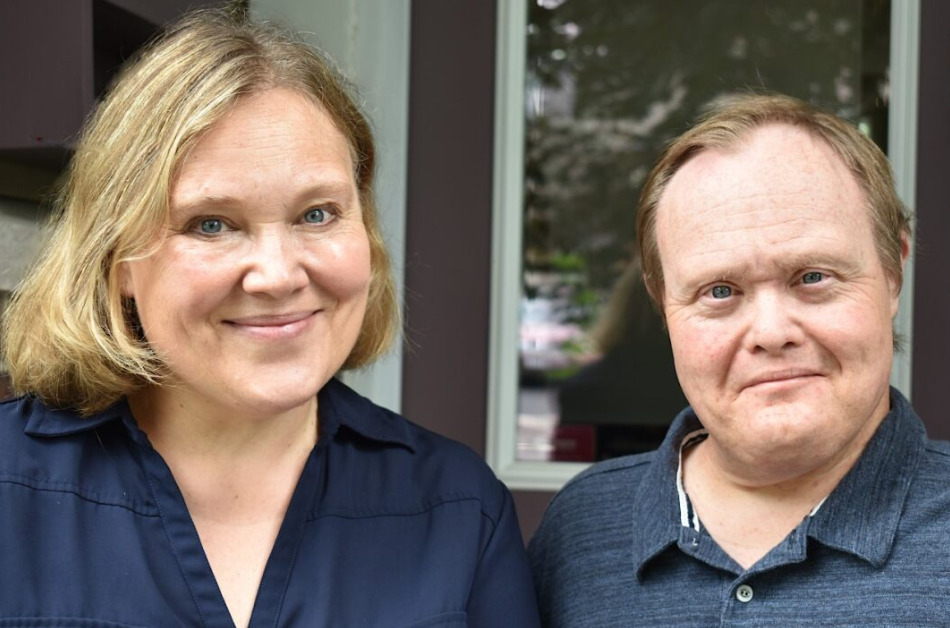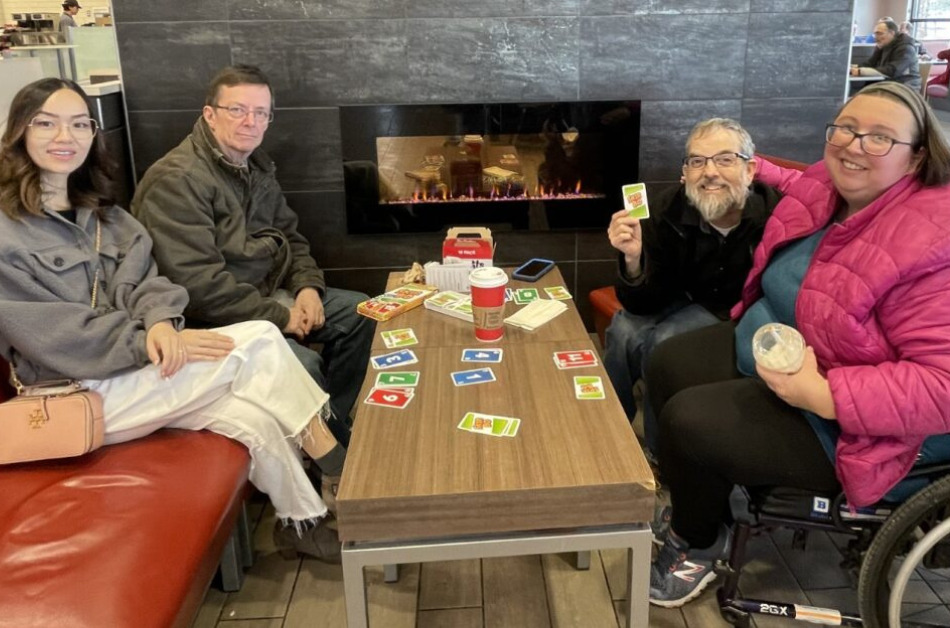Zoe Kariunas wanted to make a change.
“I hoped my relationship with my brother who has autism would improve over time, but I wasn’t seeing it,” says Kariunas, who lives in Toronto and works in developmental services.
“I couldn’t understand how I could be so good at relating to families and others with disabilities, but not translate that to my own family,” she adds. “I decided to be more active in my role as a sibling.”
Kariunas enrolled in acceptance and commitment training, a free online workshop hosted by Siblings Canada, an organization offering support to siblings of the estimated 750,000 Canadians with a developmental disability.
“I met others who were in similar situations and received tremendous acceptance and understanding,” she says.
That’s the mission behind Siblings Canada, a program supported by the Azrieli Foundation’s Canadian Centre for Caregiving Excellence (CCCE), which supports care providers and caregivers, advances knowledge of caregiving fields and advocates for effective social policy.
“People with disabilities are living longer and outliving their parents, which means in many cases siblings are becoming their caregivers,” says Helen Ries, co-founder of Siblings Canada. “They’re just not prepared for that transition. In fact, our research shows they’re dealing with substantial anxiety, guilt and worry because they’re stepping into the unknown.”
Kariunas used to hide her strained relationship with her brother. “This is no longer a shameful part of my life because I’ve had the opportunity to be open about my failures and joys as a sister.”
Siblings Canada has grown its capacity to address the needs of siblings like Kariunas through education, mentorship, mental health and wellness opportunities.
“In helping these brothers and sisters, we’re supporting the long-term well-being of people with disabilities,” says Ries. “We’re playing the long, long game.”






